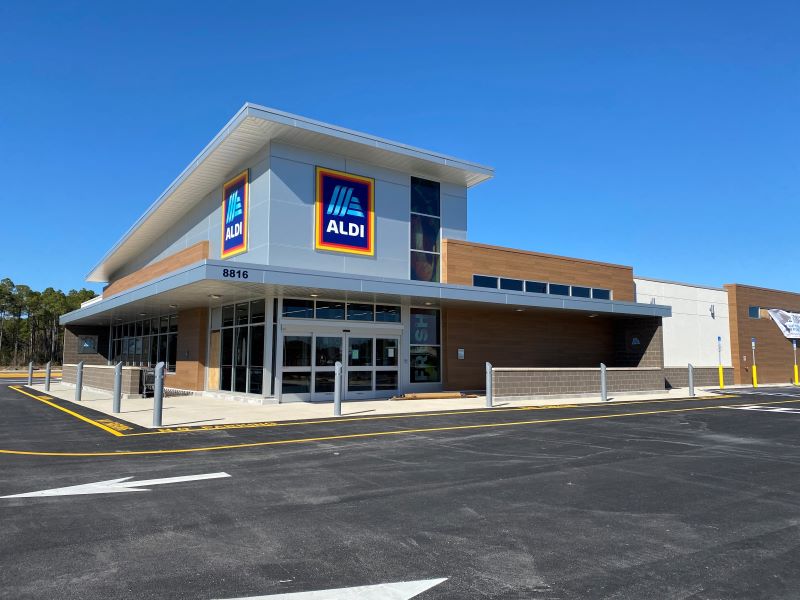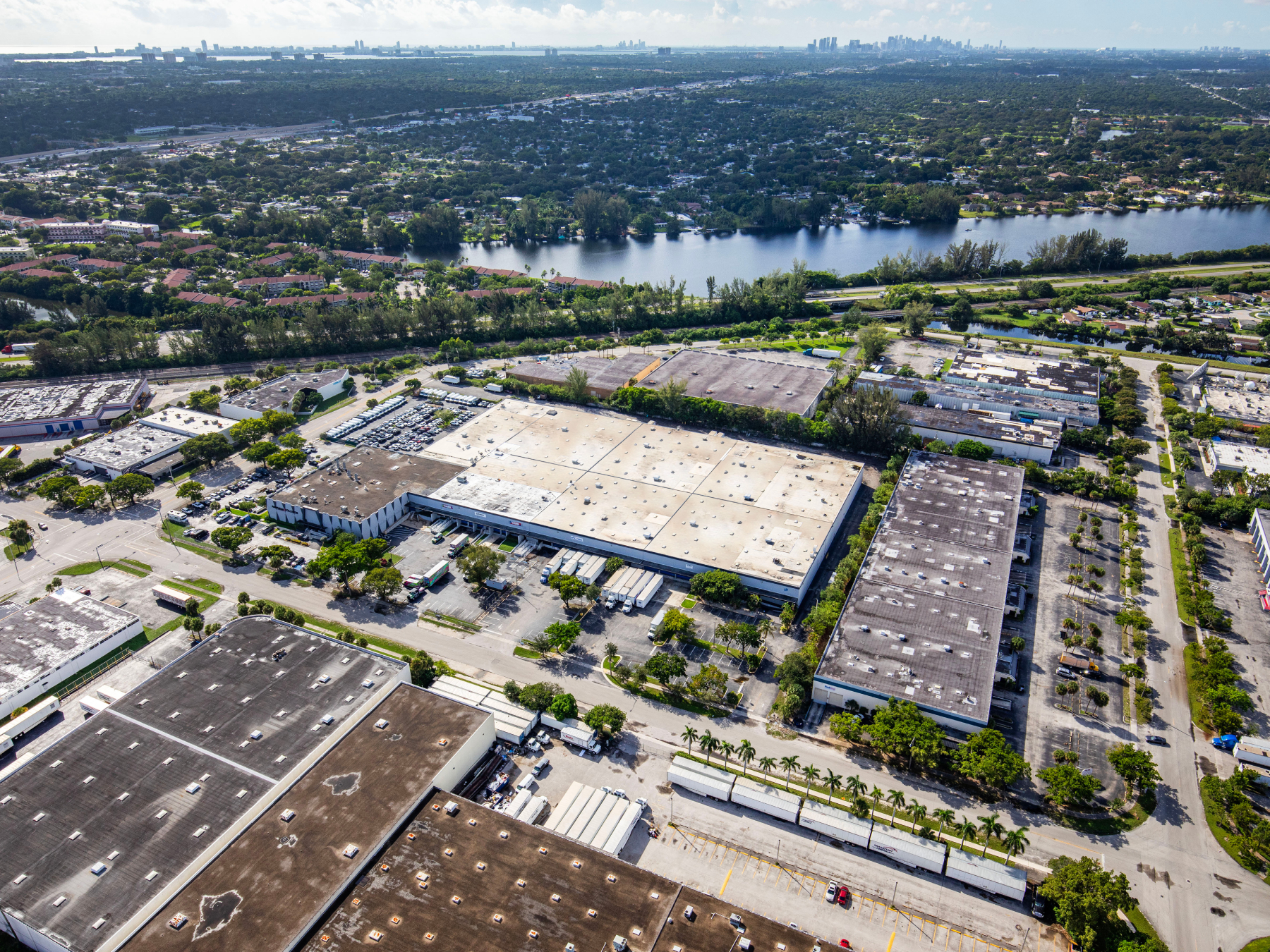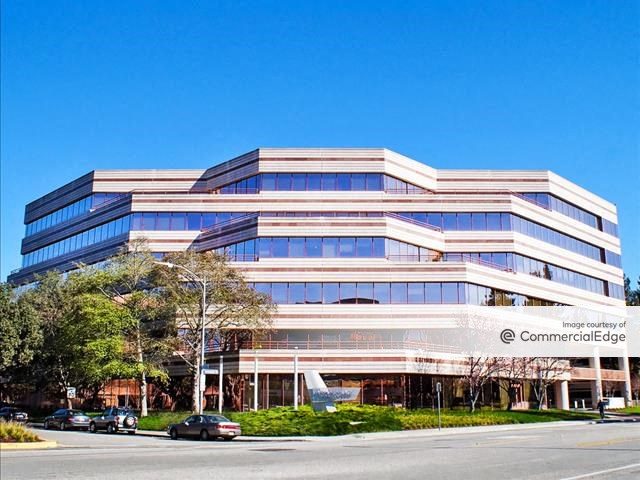Brookfield’s Defaults, Blackstone’s Earnings: Bellwethers for Delinquencies?
The uncertainty in the office sector has the market on guard.
Brookfield Corp.‘s recent default on a mortgage for a bundle of office properties in the Washington, D.C., area has jolted financing markets, as the office sector confronts a potential wave of delinquencies.
The approximately $161.4 million mortgage held by Brookfield had initially backed the 2018 purchase of a dozen office buildings, though only nine are still owned by the asset manager. Three of the properties have been sold off, according to persons with knowledge of events surrounding the default.
Located mainly within Washington’s Maryland suburbs, the assets in the portfolio were small, tertiary-market Class B properties, according to the same sources. The loan has been transferred to a special servicer that is working with Brookfield to execute a pre-negotiation agreement, according to several news reports, which noted that rising interest rates contributed to increased monthly payments, which have more than doubled since last year.
READ ALSO: Office Owners Face Financing Dilemma
“We have always focused on quality so 95 percent of what we own are trophy (and Class A) buildings that continue to see strong demand globally and benefit from the flight to quality,” a spokesperson for Brookfield in New York City wrote to Commercial Property Executive. “While the pandemic has posed challenges to traditional office in certain (U.S.) markets, this represents a very small percentage of our portfolio.”
In February, Brookfield defaulted on more than $750 million in loans backing two downtown Los Angeles office towers. That same month, asset manager PIMCO’s Columbia Property Trust defaulted on $1.7 billion of debt tied to an office portfolio that included properties in New York City and San Francisco.
The view from Blackstone
“Vacancies in offices have reached all-time high levels, and owners of many of these assets may be unable to extend financing in a more constrained capital environment,” Blackstone Chairman & CEO Stephen Schwarzman noted on the company’s first quarter earnings call on April 20. However, he stressed that the firm has limited exposure to the struggling sector. “At Blackstone, we have minimal exposure to traditional U.S. office, having reduced our holdings from over 60 percent of the real estate equity portfolio at the time of our IPO in 2007 to less than 2 percent today.”
Regardless, the firm reported a 36 percent year-over-year decline in its distributable earnings, with profits from asset sales falling to $4.4 billion. The firm’s real estate earnings fell nearly 60 percent year-over-year.
Noting that there is an “increased focus on the potential for higher market defaults in an economic turndown,” Schwarzman assured investors and analysts that the private equity giant’s private credit and real estate businesses have “delivered excess returns over long periods of time while protecting the downside.”
READ ALSO: Today’s Most-Desired Office Amenities
The firm has a historic annual default rate of less than 1 percent, Schwarzman stressed, while touting Blackstone’s private credit business as more insulated than traditional lenders. “Private credit disperses risk outside the government backstop banking sector with capital typically raised in discreet long-term funds rather than a funding model that is reliant on deposits which demand instant liquidity,” he said on the call. “This approach to credit extension makes the system safer and also supports the economy in challenging times.”
The firm remains “a safe institution” amid the tumult, Schwarzman said. “Recent stress in the banking system has led to heightened levels of negativity, along with diminished availability of credit, which should provide additional opportunity for us.”
Long-term outlook
The Trepp CMBS Delinquency Rate saw a slight dip in March, with the delinquency rate in the office market increasing significantly. Across sectors, the default rate fell three basis points to 3.09 percent month-over-month, helped by a major decline in the retail sector and modest improvements in the industrial and hotel spaces. The year-over-year delinquency rate was down from 3.73 percent in March 2022, but up from 2.92 percent six months ago.
Trepp noted that the general sentiment toward the office sector in particular has soured in the past several months, with things seeming more dire lately as a result of big office loans defaulting or entering special servicing.
“Concerns over the office segment were already high before 2023 over higher interest rates, looming maturity, falling values and uncertainty about demand post-COVID,” Manus Clancy, senior managing director and leader of applied data, research, and pricing at Trepp said in the firm’s April report.
Office vacancies rose to 19 percent in the first quarter of 2023, marking a fifth consecutive quarterly increase and coming within striking distance of the 19.3 percent peak recorded in 1991, according to a report from Moody’s Analytics.
“Notable defaults on office building mortgages and other CRE loans are highly likely to occur,” Howard Marks, co-founder & co-chairman of Oaktree Capital Management, wrote in an April 17 memo to his firm’s clients, though he noted that this doesn’t necessarily mean that lenders will suffer losses. “If loans were made at reasonable LTV ratios, there could be enough owners’ equity beneath each mortgage to absorb losses before the banks’ loans are jeopardized.” Moreover, Marks stressed that defaults are usually only a first step, leading to negotiations between owners and their lenders. “In many cases, the result is likely to be extension of the loan on restructured terms.”
Zürich-based reinsurance company Swiss Re Group, in a note published on April 17, said that pressure in the office sector, coupled with tighter lending standards, are challenging the U.S. commercial real estate sector, ultimately contributing to “weaker economic growth outlook and financial sector vulnerability.”
“The office sector faces the most stress, with increasing credit default risk, a difficult refinancing environment and reduced appetite for additional equity investments,” according to Swiss Re Senior Economists Mahir Rasheed and James Finucane and Fixed Income Analyst & Portfolio Manager Shin Yukawa.
“While the pressures are unlikely to pose systemic risks, we do expect the correction to last several years,” the three wrote. “The impact on small banks will likely be greater than for long-term investors and insurers. “ Swiss Re observed that 80 percent of commercial real estate bank loans are originated by smaller institutions.
Earlier this month, Green Street Advisors noted that U.S. office real estate values dropped 25 percent in the past 12 months.








You must be logged in to post a comment.